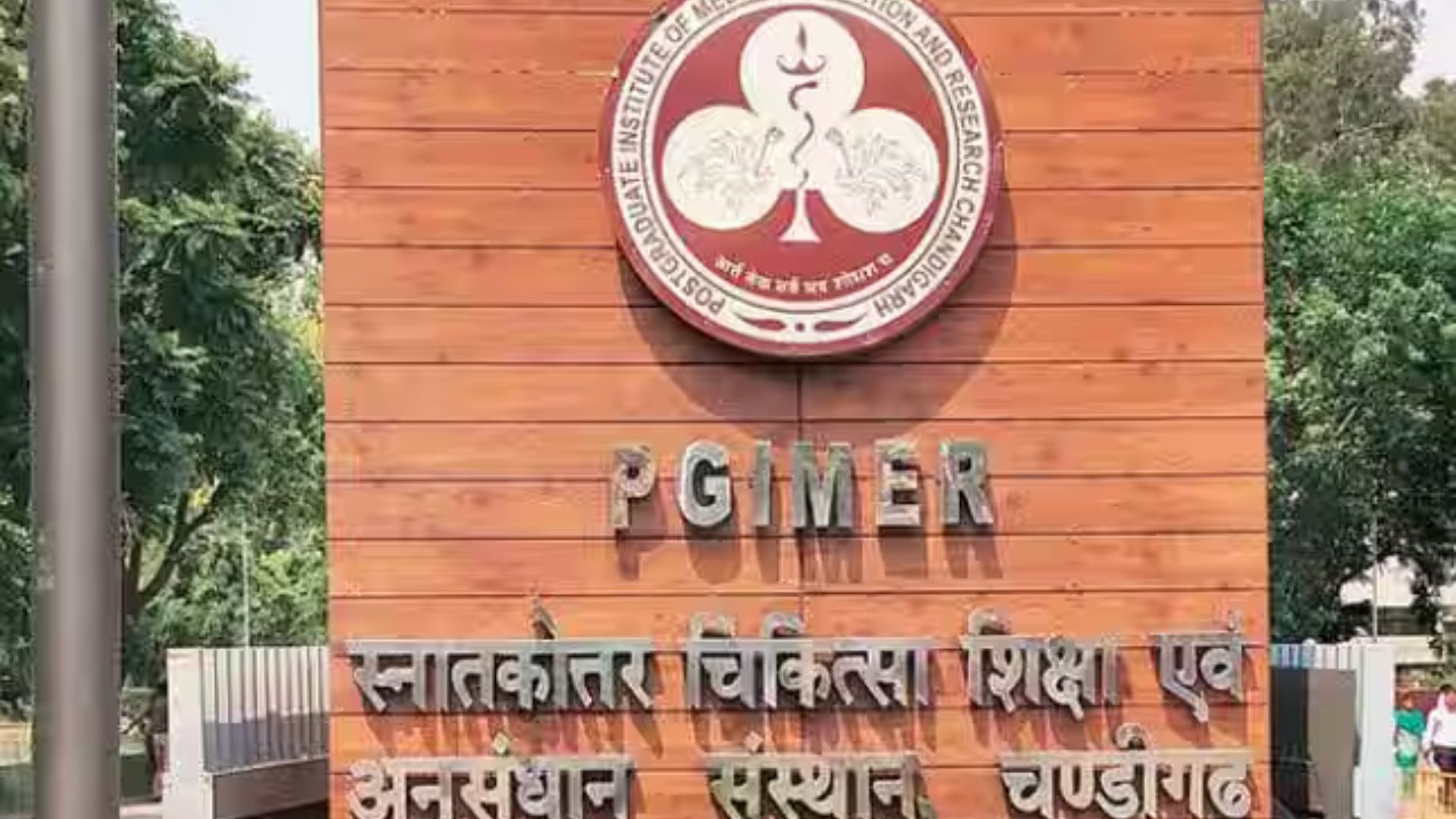
Emergency and outpatient services at the renowned Post-Graduate Institute of Medical Education and Research (PGIMER), Chandigarh, faced significant disruption on Wednesday due to an indefinite strike initiated by approximately 3,500 contractual workers. The workers, comprising hospital attendants, clerical staff, sanitation and kitchen workers, lift operators, and security guards, rallied for the release of nine colleagues held in police custody.
The strike severely impacted patient care services, particularly at the emergency ward, where resident doctors struggled to manage in the absence of support staff. With an estimated daily footfall of 12,000 patients, the outpatient department also experienced disruptions, leaving many patients without necessary medical attention.
Devraj Singh, the general secretary of the Joint Action Committee leading the strike, outlined the primary demands, including the release of the detained colleagues and the implementation of promises made by PGI director Dr. Vivek Lal regarding regularization of services and salary increments. Singh asserted that the strike would persist until their demands were met.
The nine contractual workers were apprehended on Tuesday during a protest at the designated demonstration site in Sector 25. Despite previous court orders urging unions to ensure the smooth functioning of the institute, the workers gathered in large numbers at the park in front of the Advanced Trauma Centre, voicing grievances against the administration.
PGI deputy director Pankaj Rai emphasized the institution’s commitment to maintaining uninterrupted patient services. Efforts were made to secure replacements for striking contract workers, but tensions escalated when a service provider manager was observed conducting hiring activities on the premises. Police intervention was required to address the situation and prevent further disruptions.
The strike’s impact was keenly felt by patients like Shashi Kapur, 55, from Patiala, who had travelled for osteoarthritis treatment but had to depart without consultation due to extensive queues and delays exacerbated by the strike.
“I can’t stand for long, and there were queues everywhere. Someone informed me about the strike, and I was told that obtaining my registration card would take even longer, so I’ve decided to return home,” she lamented.